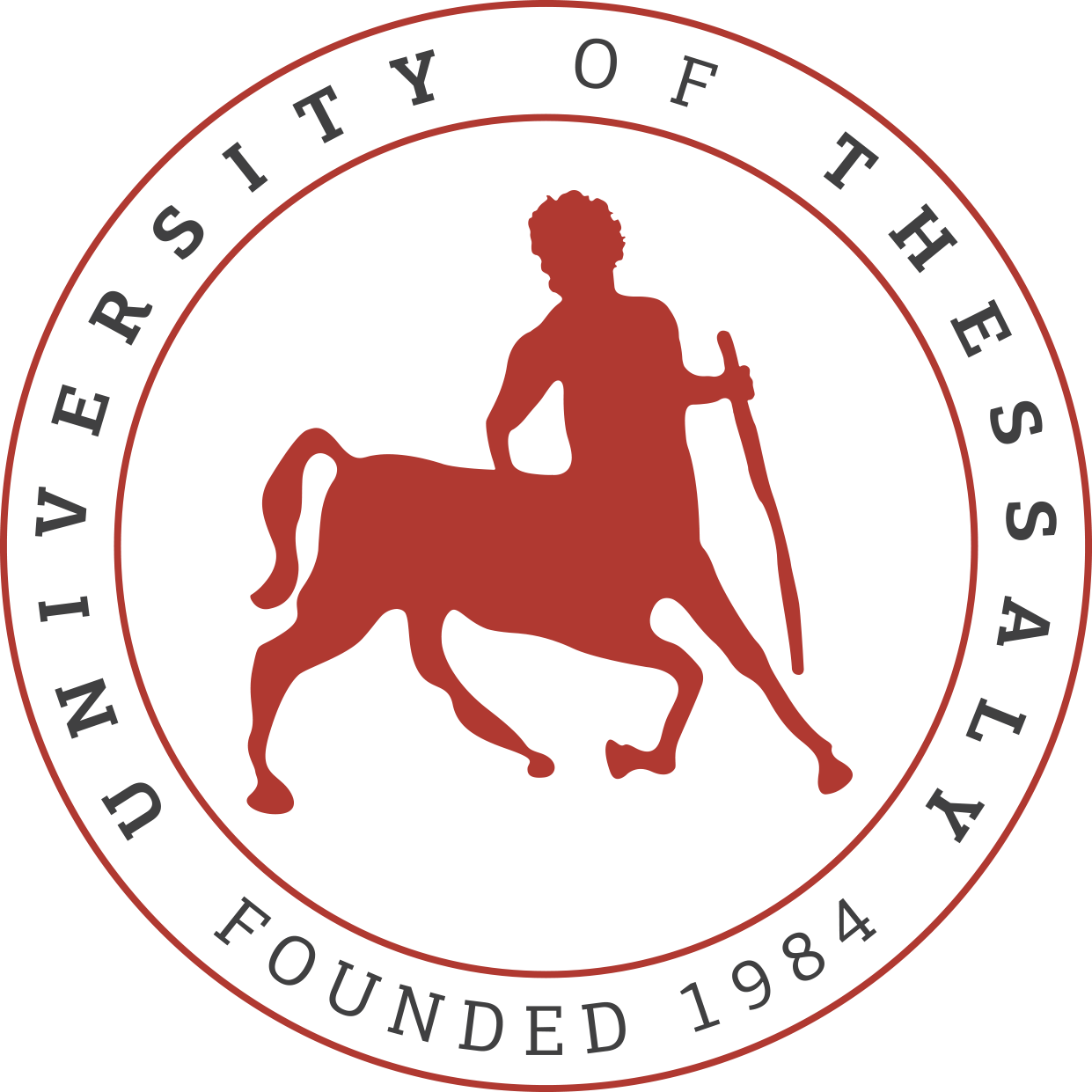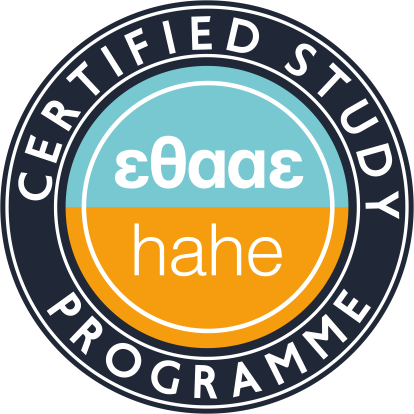Art Studio Research and Learning
Course Code (in greek): ΚΤ0102
ECTS Units: 5
Semester: 6
Professor: Letsiou Maria
Course Description
This studio art course focuses on creative expression and has the primary objective of experiential exploration in the field of visual arts. The main goal is to develop students’ critical thinking, creativity, and problem-solving skills through their individual artistic research. Additionally, the course aims to enhance their artistic skills in handling materials and artistic processes. Students are introduced to visual research and arts-based research and participate in both individual and group art projects, engaging in various artistic and research processes. In this context, the visual arts are treated as a means of creative inquiry, where learners cultivate their own learning path through the integration of different fields of knowledge and interdisciplinary connections.
The course contributes to the development of essential skills and knowledge for future educators, particularly in organizing visual arts teaching projects for preschool, with an emphasis on exploratory learning and cross-disciplinary approaches. The projects created by students as part of the research process explore autobiographical, social, and cultural ideas, highlighting how people generate and transmit meanings in modern society through visual and material culture. Students utilize creative practices of contemporary artists, working with a variety of materials and tools such as ceramics, painting, digital media, constructions, collage, clay, plaster, wood, soap, and various techniques such as printing, sculpting, casting, mold-making, assemblage, costume design, visual art interventions, and the use of space and the body, as well as video. Through these processes, they creatively explore familiar images and provide social commentary on various current and critical issues.
Learning Outcomes
Upon completing the course, students are expected to:
– Understand the various research dimensions of contemporary visual arts.
– Use creative tools, such as conceptual maps and visual journals, in artistic research.
– Practice generating original creative ideas to solve problems and answer questions.
– Develop personal skills in using materials, techniques, and artistic processes—both traditional and new technological media—in visual artworks and artifacts.
– Apply creative strategies of contemporary art, such as visual metaphor, to their art projects to understand topics and generate meaning.
– Familiarize themselves with organizing and presenting visual arts research projects.
– Apply the creative strategies of contemporary artists to art projects involving exploratory learning and cross-disciplinary teaching for preschool settings.
– Reflect critically on the creative research process, aiming to extend it to new questions.
Assessment
Regarding the course assessment, the process includes:
A) Informal Formative Assessment: Throughout the semester, students are assessed on the abilities and skills they develop in handling artistic processes.
B) Summative Assessment:At the end of the semester, students present their visual artworks and group art projects. Their overall presentation, along with their reflective and critical skills regarding their works, are evaluated.
Attendance is mandatory, and during classes, students experiment with materials, techniques, and artistic processes to conduct their visual research.
Further information (e.g., evaluation methods) and course materials are available online on the course platform at https://eclass.uth.gr/courses/ECE_U_302/.


